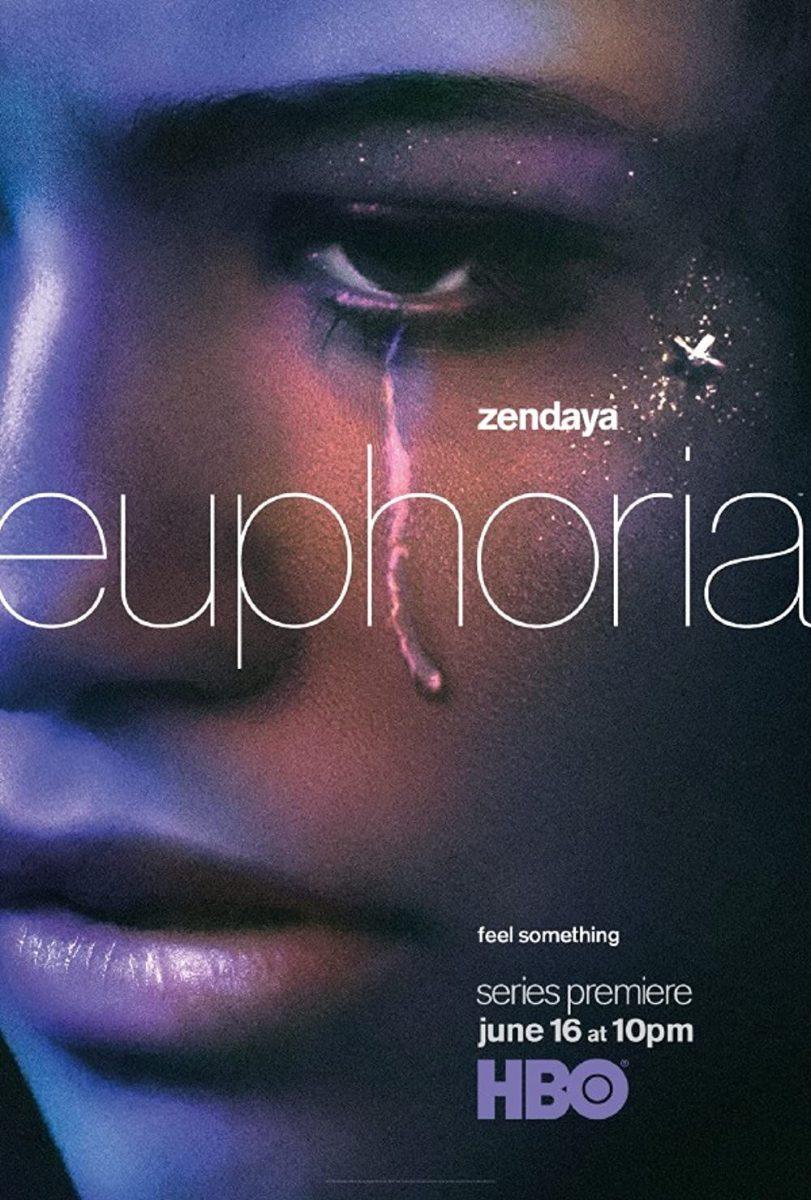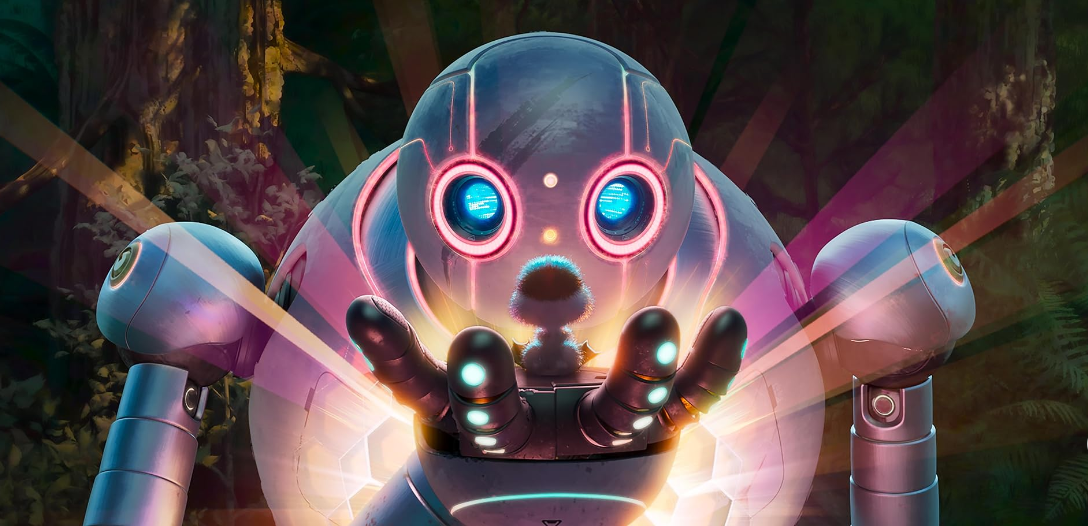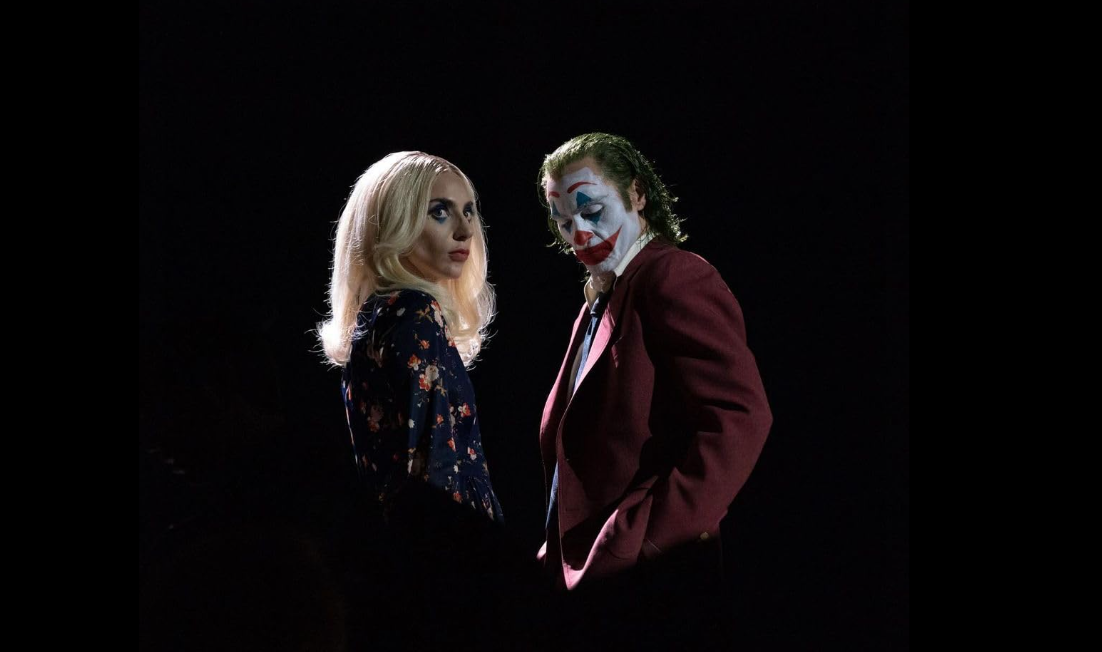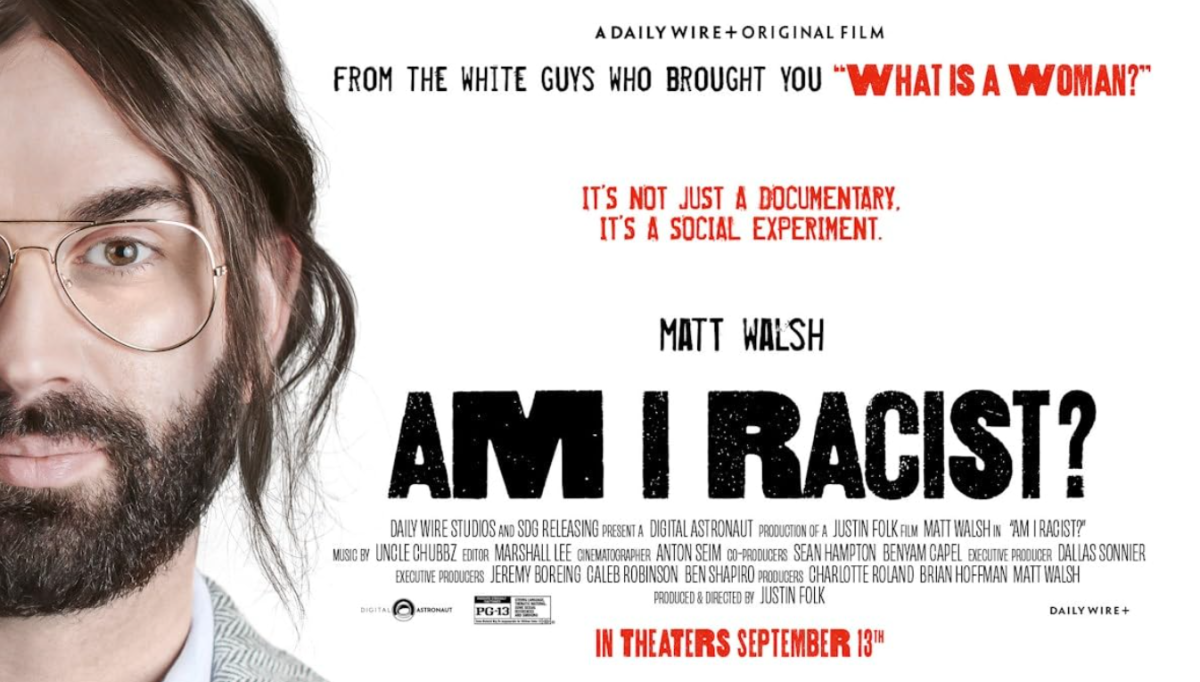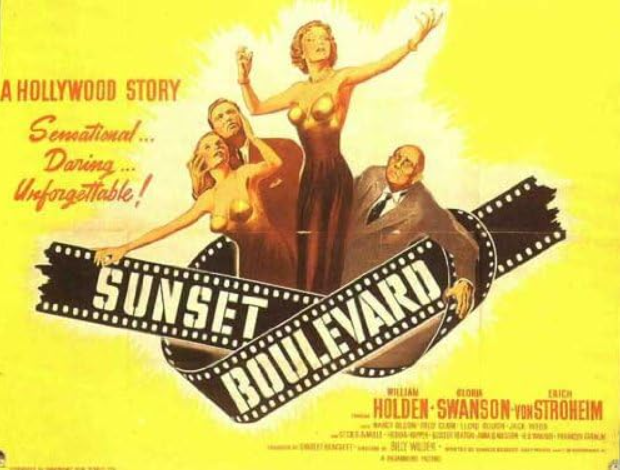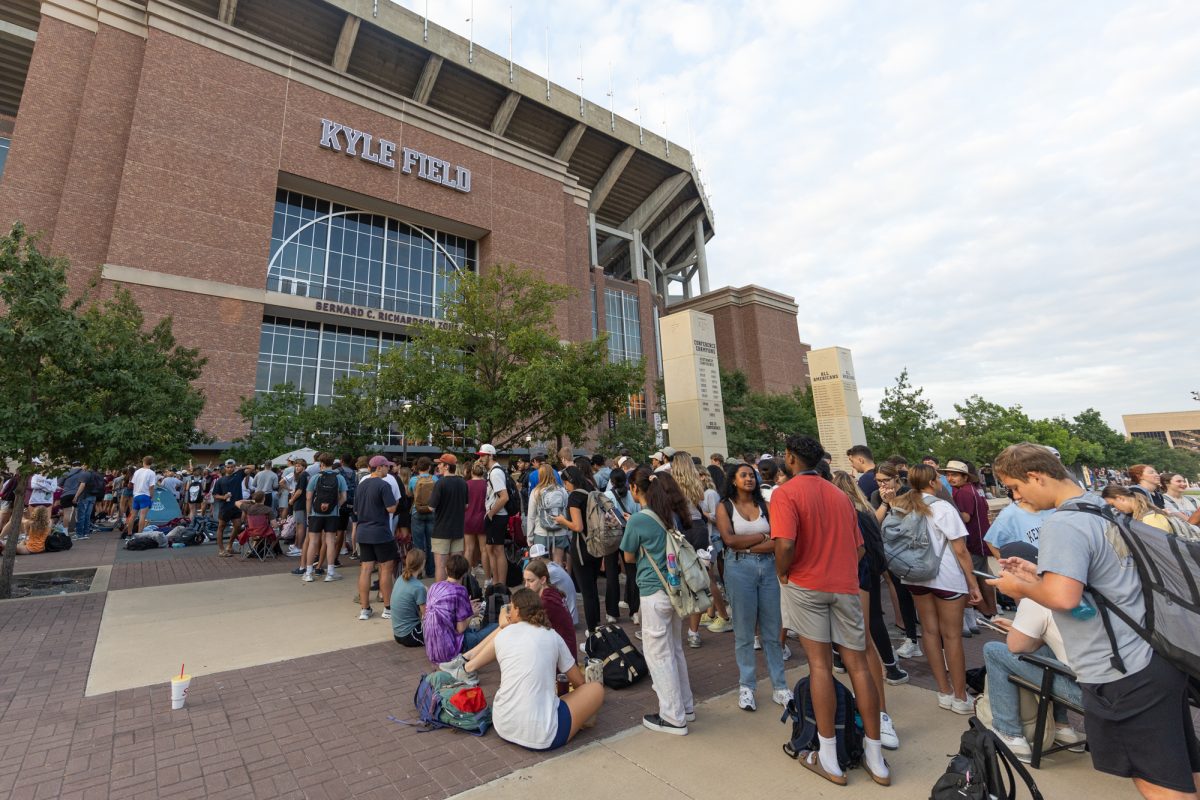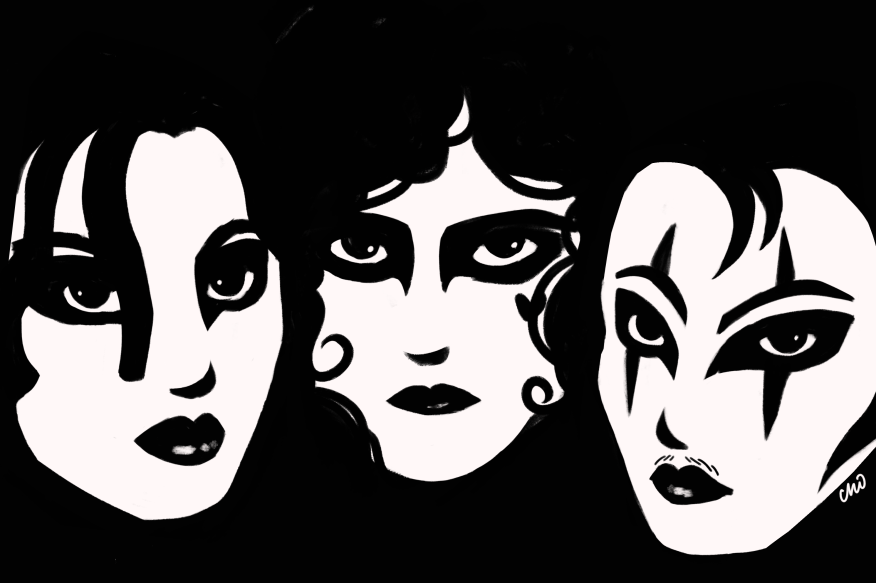Editor’s Note: This article will discuss drug abuse and relapse and contains spoilers for season two of “Euphoria.”
“If you gave a shit about me, you wouldn’t have sold me the f***ing drugs in the first place” — “Euphoria” season one, episode six.
D.A.R.E., who you might recognize from anti-smoking and vaping ads, said they believe HBO’s “Euphoria” glamorizes drug use. However, after season two’s ending, there’s room to think the overall theme of the show will end with the opposite message.
Throughout season one, the audience follows Rue, a teenager who falls into drug addiction following her father’s death. Our first look into the modern day is Rue’s release from rehab, although she quickly reveals she has no intention of staying clean.
The first season fittingly ends with her relapse, as told through a beautifully choreographed routine.
However, the second season emphasizes the dark side of drug addiction. Episode five shows a desperate and rageful Rue, played by Zendaya, running through her house, screaming at her mother and sister demanding answers for what they did with her drugs. When she realizes it was her girlfriend, Jules, played by Hunter Schafer, who told on her, Rue directs her hatred accordingly. Jules, who Rue repeatedly says is the one person who makes her life worth living, is now nothing in the wake of losing her drugs.
The audience watches Rue lose herself trying to get her fix. She runs rampant through the streets, even stealing valuables from a house while attempting to pay the debt she owes her drug dealer. After the dealer denies her handfuls of jewelry, we realize Rue is in more danger than we anticipated, watching her escape from a heavily guarded house after the dealer makes a remark about women having something people want even when they don’t have money.
This episode is a turning point thematically, not only for the rest of the season, but presumably for the rest of the show.
The way it’s shaping up, “Euphoria” seems to be on a mission to humanize those struggling or those who have struggled with drug addiction, showing how little control they really have. A testament to this interpretation is the repeated statistics that only 5% of drug addicts will stay clean after rehab.
We can see the way the show has been built now, glorifying the use of drugs in the first season with beautiful aesthetics and glitter makeup — symbolizing the euphoria a person involved with drug addiction feels at the beginning of their abuse. However, we watch this beauty fade as we painfully watch Rue’s life fall apart and her struggle to stay clean.
While there is definitely something to be said about the way drugs are portrayed in season one, the ending of season two, especially multiple drug dealers dying — including fan favorite, Ashtray, played by Javon “Wanna” Walton — makes clear the show isn’t on a mission to romanticize drug use.
The show is on a mission to demonstrate how it feels to be around a drug addict and all the tragedy that comes with it.
When the series eventually ends, the message will become clear: you experience euphoria when first starting your drug addiction, but things slowly deteriorate from there.
Abbie Beckley is an English junior and opinion writer for The Battalion.



